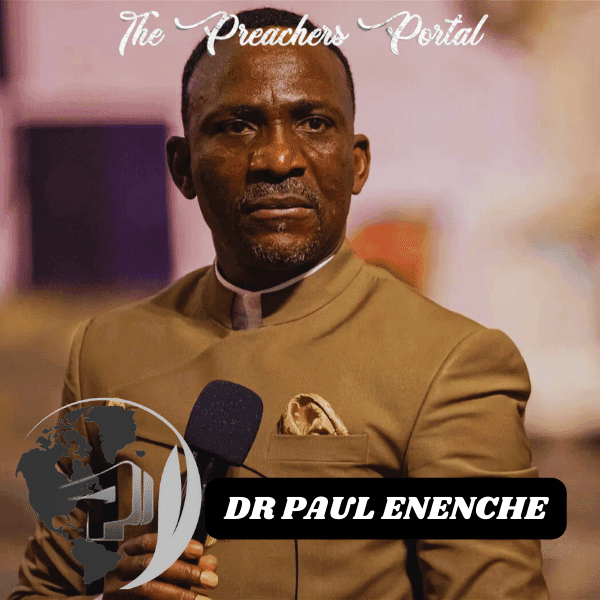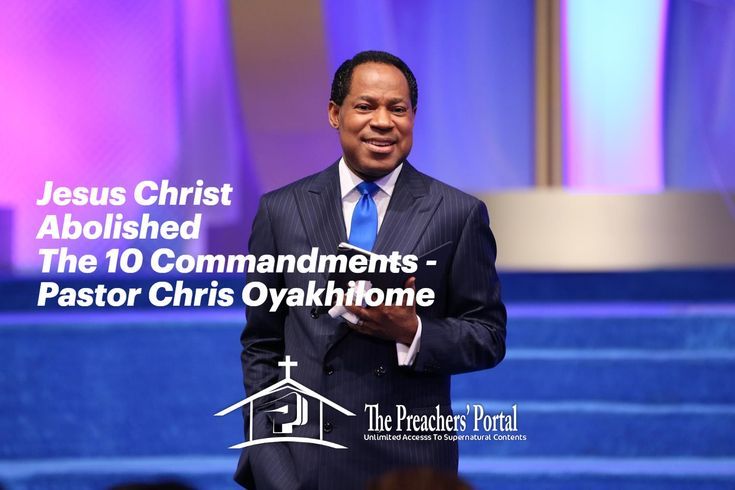How To Reconcile Counseling With Faith
This post is developed in partnership with BetterHelp.
We’ve all heard the adage that faith is all you need – and you’ll likely find people within the Christian community who scorn all mental health measures, ranging from counselling to meditation and pharmaceuticals. In fact, there’s been a fairly wide gap between the Christian community and the mental health community for some time – but, thankfully, it’s beginning to close. The fact is, seeking help for mental health conditions isn’t in conflict with also having a deep faith. While you may have previously been told that all you need to do is pray, most faith communities have begun to recognize that many mental health conditions need more support. Talk therapy, including online therapy, can be a powerful tool that can not only help you address real mental health concerns, but also can deepen your faith. Let’s talk about how.
The Difference Between Mental Health Conditions and Sin
Many Christians experiencing mental illness traditionally have been told that they just need to stop their sinning, have more faith or pray harder. Thankfully, many church leaders have begun to see the folly of this approach. Mental health issues are real, diagnosable disorders that may affect as many as one in four American adults this year. They are not sin, as we’ve established on this website previously.
Instead, mental health challenges represent biological and/or biochemical vulnerabilities – and they don’t discriminate according to faith. Mental health issues are seen in Christian populations at the same rate as the general population. In fact, according to one survey of Protestant pastors by Lifeway Research, three out of four respondents reported knowing at least one person diagnosed with bipolar disorder. In addition, 74 per cent of respondents said that they knew someone who had been diagnosed with depression, and 57 per cent of respondents reported that they knew at least three people experiencing some level of depression.
What Scripture Tells Us
You might be surprised to learn that the Bible is fairly pro-counseling. In fact, in Proverbs 13:22 and 15:10, the Bible speaks to the value of seeking wise counsel in order to avoid strife and succeed with plans. Most notably, the Old Testament scripture that foretells the coming of Jesus calls him a Counselor before all other titles. In this case, the term “counselor” comes from the Hebrew word that means to “advise, consult, give counsel, counsel, purpose, devise, plan,” which one can easily see fits the modern definition of a trusted counselor as well.
What This Means For You
The most important thing to remember is that experiencing mental illness makes you no less of a Christian – and no less of a human being worthy of care and respect. Above all, don’t suffer in silence, especially if you’ve turned to your church for help and been told that you just need to pray more. If you feel like you’re dealing with a mental health condition, it’s important to reach out to a trained therapist as soon as possible for help. Find a counselor you trust and let them help you process the things you’re feeling and make a plan for how to cope with the challenges you’re facing. Along the way, continue to practice your faith – and remember that counseling and faith can work in tandem to increase your quality of life and your overall sense of well-being.















